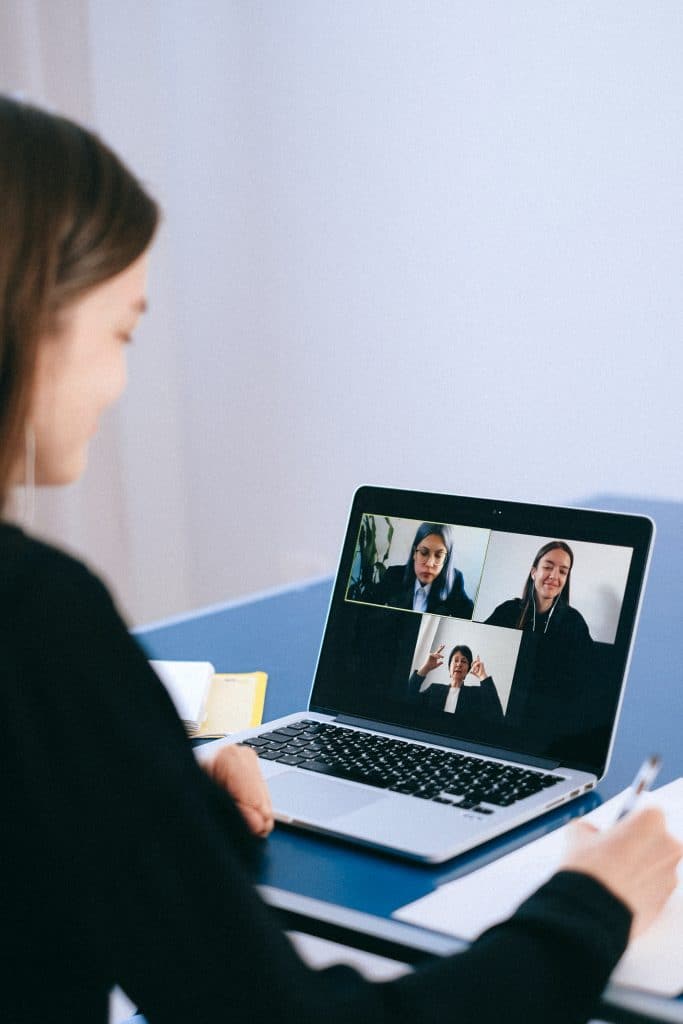Do Hearing Aid Batteries Expire?
Have you ever opened that kitchen drawer and found a little hoard of stuff you forgot you had? Maybe some stray rubber bands, a...
Posted on June 16, 2020
Hearing LossWhile sheltering in place, many have turned to FaceTime calls with loved ones and Zoom game nights with friends to keep in touch. But these calls can feel exhausting, and many have reported feeling social, mental and emotional fatigue afterward. This feeling is all too familiar for the deaf and hard-of-hearing community.

Zoom fatigue has another name that audiologists and researchers use – “concentration fatigue.”
Mario Svirsky, professor of hearing science at NYU Langone Health medical center explained, “It’s not necessarily persistent fatigue but surely a measurable increase in listening effort… A little noise in the background can bring you over a tipping point where communication becomes much more difficult and you have to do a lot of work. You may participate in a meeting focusing on everything for the full two hours and, at the end, you are wiped out.”
There are a number of complaints many people have after a Zoom call that are echoed by the hearing loss community during daily interactions – namely, difficulty with visual cues, poor auditory input and feeling “on” all the time.
During a Zoom call, it is easy to miss non-verbal cues. Between poor internet connection, bad lighting and people wearing headsets and walking away from their computers, it is difficult to follow visual cues or gauge body language.
People with hearing loss are especially reliant on visual cues. Even during in-person interactions, people tend to start conversations from other rooms, look away or turn around while speaking and talk with their mouths full – all of which can hinder the listener’s ability to lip read.
Poor internet connection can also lead to choppy audio. Many complain that when the internet is slow, they are only able to hear every few words that the speaker is saying. This is also true for people with hearing loss, who constantly need to guess to fill in the gaps.
“If you’re just missing one or two words or a little bit of information, it can have a snowball effect,” said NYU Langone postdoctoral fellow Ariel Hight, who has hearing loss himself. “You can imagine that’s going to affect how well you perform in a meeting or with friends.”
Because of these communication problems, listeners cannot simply sit back and enjoy the conversation; they must actively work to listen and follow along. Next time you’re frustrated about a Zoom call, take the time to consider that this is how many people feel during everyday social interactions.
For more information about concentration fatigue or to schedule an appointment, call Pinnacle ENT Associates today.
Have you ever opened that kitchen drawer and found a little hoard of stuff you forgot you had? Maybe some stray rubber bands, a...
Tympanosclerosis is a post-inflammatory condition affecting the tympanic membrane, or eardrum, and middle ear. Tympanosclerosis can result in hearing loss or be asymptomatic and...
Otomycosis is a fungal ear infection affecting the outer ear. Fungal ear infections are less common than bacterial infections, making up 10% of all outer...
Ear pressure is the feeling that your ears are full, stuffy or plugged. Often compared to the sensation of having water in your ears,...